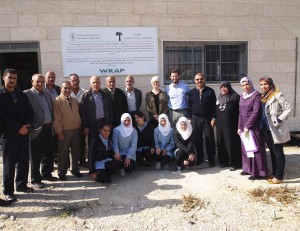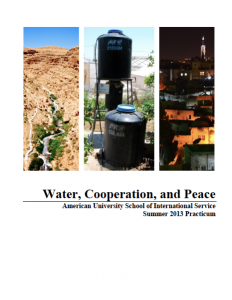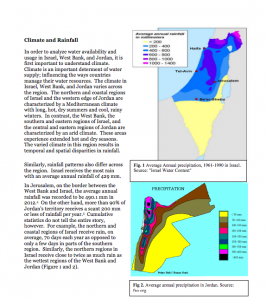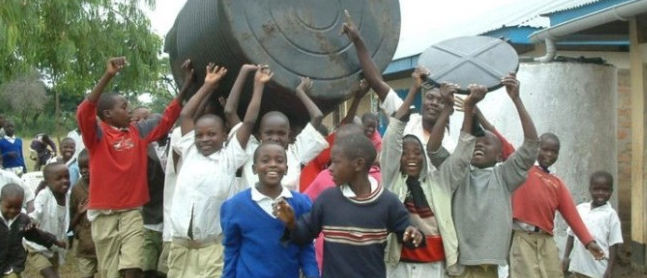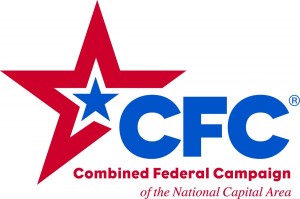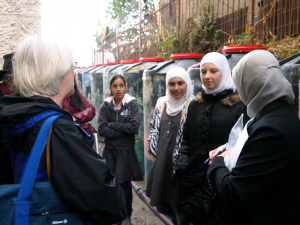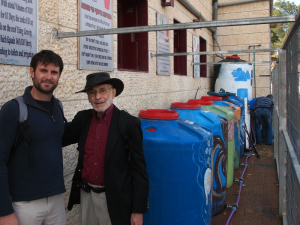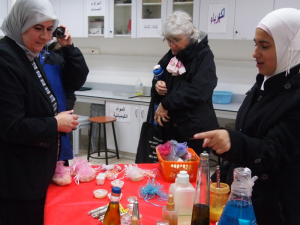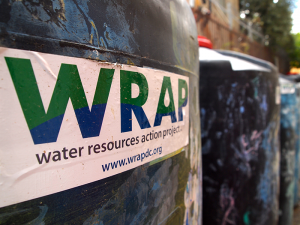Safe Learning Garden Campaign Launched
WRAP is pleased to announce a new campaign recently launched to create a safe learning garden for the students at the Battir Girls School in the West Bank. The campaign aims to raise the funds to secure and green the courtyard that surrounds the rainwater cistern WRAP installed last year in order to make it a safe and inviting space for the students of Battir.
For more details about the campaign and to make a contribution, please click the image at left or visit http://igg.me/at/safe-garden-battir/x/6089968.

